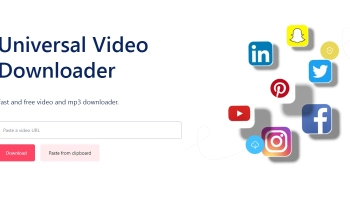
In today’s digital age, millions turn to ChatGPT as a resource for information, assistance, and even a bit of fun. Whether for work, education, or personal use, the AI chatbot is proving to be indispensable. But with its widespread use arises a critical question: Can you trust ChatGPT to always tell the truth? This article delves into the complex world of ChatGPT to assess its reliability and truthfulness.
Where Does ChatGPT Get Its Information From?
Before addressing the question of truthfulness, it’s crucial to understand how ChatGPT is trained. The chatbot was fed data from a plethora of sources including government websites, scientific journals, online forums, books, databases, and even social media. Specifically, ChatGPT-3 was developed with an extensive 570GB of data containing a staggering 300 billion words, according to Science Focus.
But here’s the catch—ChatGPT was trained on data available only up to September 2021, which limits its knowledge about recent events. Furthermore, it doesn’t have internet access, meaning it relies solely on the data it was trained on to answer queries.
Is ChatGPT Lying?
While the chatbot is programmed to provide information based on its training, it’s not infallible. ChatGPT can inadvertently “lie,” though not intentionally or maliciously, as it lacks the capability for intent. This phenomenon, known as AI hallucination, occurs when the AI outputs information that, while seeming plausible, is incorrect or unrelated to the query.
ChatGPT is susceptible to AI hallucination due to several reasons: a lack of real-world understanding, software bugs, and limitations in the data it was trained on. The chatbot can also reflect biases present in the data it was trained on, a concern even acknowledged by its developers.
When ChatGPT Admits Its Limitations
ChatGPT itself has stated that it might provide inaccurate information due to various factors, including:
- Ambiguity in the question
- Incomplete information provided
- Biased or incorrect data
- Technical limitations, such as lack of access to up-to-date information
It even goes as far as recommending users to cross-verify the information it provides with other reliable sources.
Can You Trust ChatGPT?
Given that ChatGPT can provide false or biased information, it’s clear that the system is not 100% reliable. While you can mitigate the risk of receiving incorrect information by being more specific in your queries, it’s no guarantee against fallacies. Therefore, it’s imperative to double-check any information acquired from ChatGPT, especially if it pertains to crucial or recent matters.
Conclusion: Useful but Not Always Truthful
While ChatGPT is an extraordinarily helpful tool with a myriad of uses, it’s not a source that should be trusted implicitly for factual information. Whether it’s due to AI hallucination or inherent biases, the chatbot has its limitations and should not be your sole resource for critical information. Always corroborate what you learn from ChatGPT with other trusted sources. That way, you can make informed decisions and prevent any ill-advised actions based on potentially inaccurate information.



